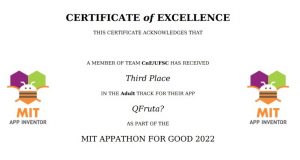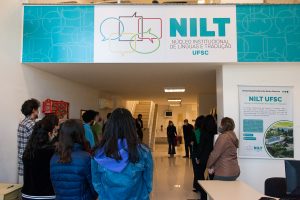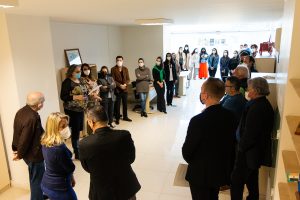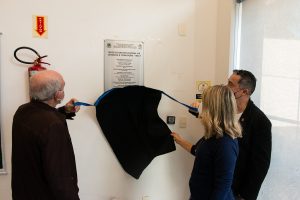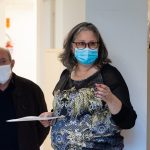UFSC is the best university in Santa Catarina and fourth best federal university in Brazil

Photo by Henrique Almeida/AGECOM/UFSC
UFSC is the best university in the state of Santa Catarina and the fourth best federal university in Brazil, according to data from the Ministry of Education (MEC) released on 28 March. The data is based on four Higher Education Quality Indicators that are part of the cycle of results produced from the National Student Performance Exam (Enade). The partial results of the last evaluation cycle (2021) were released in September, when UFSC stood out for having about 80% of its undergraduate programs assessed with top grades.
Now, MEC has released the Program Preliminary Concept (CPC) and the General Index of the Institution’s Assessed Programs (IGC). The Universidade Federal de Santa Catarina (UFSC) stood out in both and is the only institution in Santa Catarina to have achieved the maximum grade (5). Moreover, among the top ranked institutions, it is the institution that had the highest number of programs with CPC in the triennium, a total of 70.
For the Prorector for Undergraduate Studies and Basic Education at UFSC, Dilceane Carraro, the good results achieved in the evaluation reflect the serious and dedicated work of the university community, “especially of the faculty and staff who worked to ensure the quality of the undergraduate programs assessed”.
The IGC is calculated from the average of the CPC, taking into account the last Enade cycle; the average of the grades assigned to graduate programs by the Coordination for the Improvement of Higher Education Personnel (CAPES) in the last evaluation; and the distribution of students among the different levels of higher education (undergraduate and graduate degrees).
In 2021, UFSC obtained a continuous IGC of 4.14 and raised this number to 4.197. This has placed the university in the select group of 46 institutions that have secured the highest score. Among all the public institutions – including institutes, colleges and state universities, UFSC has also stood out with the fourth best performance.
According to MEC, of the total number of institutions participating in this edition, 87% are private and 13% public. The majority (71.4%) are colleges, followed by university centers (16.5%), universities (10.1%) and the federal institutes and technological education centers (2%).
UFSC programs are rated higher than the national average
The IGC places UFSC as the best university in Santa Catarina, the only one to get the maximum grade (5) in the evaluation. Compared to other universities in Brazil, the programs assessed in the last cycle also stand out, with performance above the national average. Still based on the IGC, UFSC is the second best evaluated university in the south of the country.
The federal educational institutions achieved a better performance: 72 institutions were placed in band 4, out of the total 111 assessed (64.9%). Alongside UFSC, 14 other federal public universities achieved grade 5.
One of the characteristics of this ranking is that it assessed at least 17 undergraduate teaching degree programs. “From the calculation of the indicators, it is possible to measure the performance of recently graduated students and, consequently, assess the quality of the teacher training process,” says the MEC website. “The undergraduate teaching programs are going through substantive challenges related to the national guidelines and standards and persist in training professionals with quality and ethical commitment. This result makes us proud and motivates us to continue defending public education and quality teaching,” adds the Prorector.
Translated by SINTER/UFSC
Read the original article here.





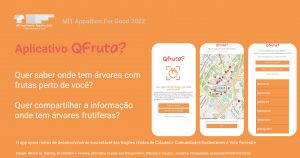 The
The 